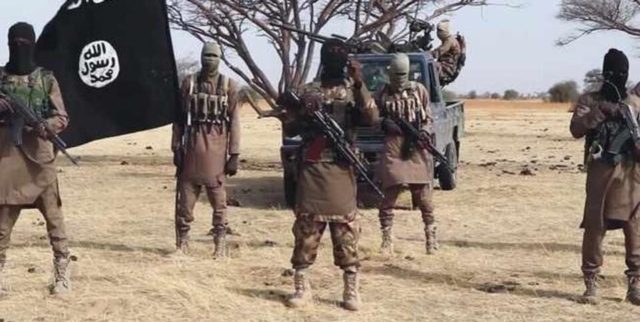OPINION: While the withdrawal of foreign forces from African soil will be celebrated on the one hand, the lack of local capacity to stem the rapidly growing insurgencies in the Sahel is a real concern, writes Shannon Ebrahim.
THE TALIBAN’S takeover after fighting the Americans for two decades in Afghanistan has emboldened militants worldwide, most especially in Africa.
This presents a huge challenge to the continent at a time when French forces will commence drawing down their troops in the Sahel within weeks, and regional militaries claim they lack the resources or manpower to counter the threat which has grown exponentially in recent years.
While the withdrawal of foreign forces from African soil will be celebrated on the one hand, the lack of local capacity to stem the rapidly growing insurgencies in the Sahel is a real concern.
France, which has 5,100 troops in West Africa, has announced that it will slash its forces by over half during the next year, and three French military bases in Northern Mali are slated to close.
France’s military operations in West Africa have been unpopular with the French electorate, and with President Emmanual Macron facing a battle for re-election next year, the military deployment will be drastically reduced.
Operation Barkhane, which was supposed to stabilise the Sahel, will be replaced by a small team of Special Forces, and neither the US nor European countries are keen to contribute troops.
France had intervened with troops eight years ago at the request of Mali, when the government had warned that al-Qaeda was about to storm the capital Bamako. But the presence of French troops has failed to stabilise the security situation in the country, which has endured two coup d’états in the last nine months. The military officer who toppled both Malian presidents is now in charge of the country.
The withdrawal of French troops will leave a large vacuum for militants to fill, who have already been surrogating the services of the state – both judicial and social services in rural areas, and in the process garnering the support of locals.
Popular frustration with regional governments in the Sahel has been on the rise, most particularly in Mali, where locals have been protesting against the country’s governance crisis and official corruption. The lack of social services, fiscal reforms, and abuses committed against civilians committed by security forces have all contributed to the governance crisis which jihadists have been able to easily exploit.
Militant insurgencies have been gaining strength across the Sahel region, not only in Mali, but in Burkina Faso and Niger as well. In Niger there have been an increasing number of civilian casualties. Jama’at Nusrat al-Islam wal-Muslimin (JNIM), which is the largest al-Qaeda affiliate in West Africa, has been gaining ground since 2016, and its jihadist attacks have increased fivefold since 2016.
In January this year, 100 civilians were killed by militants in Niger’s Northern Tillabery region. JNIM was quick to hail the Taliban’s victory in Afghanistan, as well as its deal cutting with the Americans, and the movement is clearly inspired by the Taliban’s success and perseverance over a long period of time.
Ag Ghaly, the head of the al-Qaeda affiliate that wants to take over Mali, has also been waxing lyrical about the Taliban’s successes.
UN Secretary-General Antonio Gueterres has also voiced his concerns, warning about the alarming expansion of Islamic State affiliates in Africa on the back of the situation in Afghanistan. Al-Shabaab in Somalia and Boko Haram in Nigeria have been openly celebrating the Taliban takeover on the streets, handing out free food and waving the flags of their respective movements.
In Syria’s Idlib province, which is being occupied by Hayat Tahrir al-Sham, which is believed to have ties with al-Qaeda, there have also been widespread celebrations of the Taliban’s victory. Similarly, the Tehreek-e-Taliban Pakistan (TTP) which was pushed out of Pakistan in 2014 and regrouped in Afghanistan, now has a new lease on life.
For many of these movements, their takeaway is that this is the first time that Islamists have managed to take a country from a superpower, and this has emboldened them and popularised their cause.
The concern for Southern Africa is the extent to which the Taliban’s successes may embolden and inspire militants in Cabo Delgado in northern Mozambique, who will have been closely watching the developments unfolding in Afghanistan.
SADC and the AU will need to redouble its efforts to stamp out the extremist insurgency in Mozambique and enhance the fighting capabilities of regional troops which have been deployed on the ground.
The region is now in a race against time to neutralise the insurgency before it receives further material assistance and recruits from elsewhere. The intervention of Rwandan troops which have worked to neutralise the insurgency in collaboration with Mozambican forces has been notably successful, and is working to repatriate those displaced back to their homes.
SADC forces deployed on the ground are working to consolidate the successes of the counterinsurgency campaign. The challenge is to also prioritise the delivery of services and improve local governance.
* Shannon Ebrahim is Independent Media’s Group Foreign Editor.








